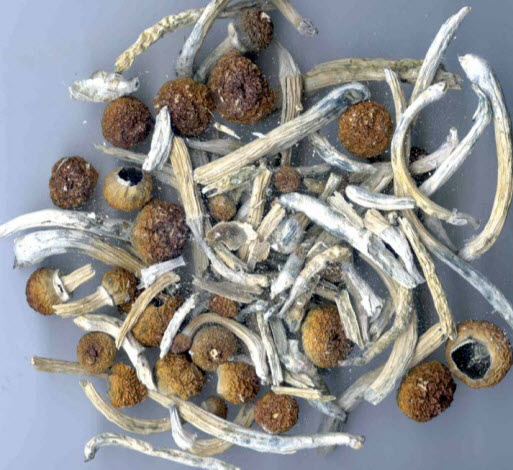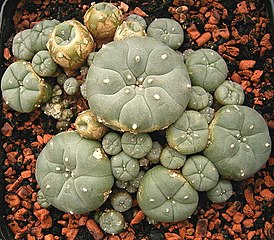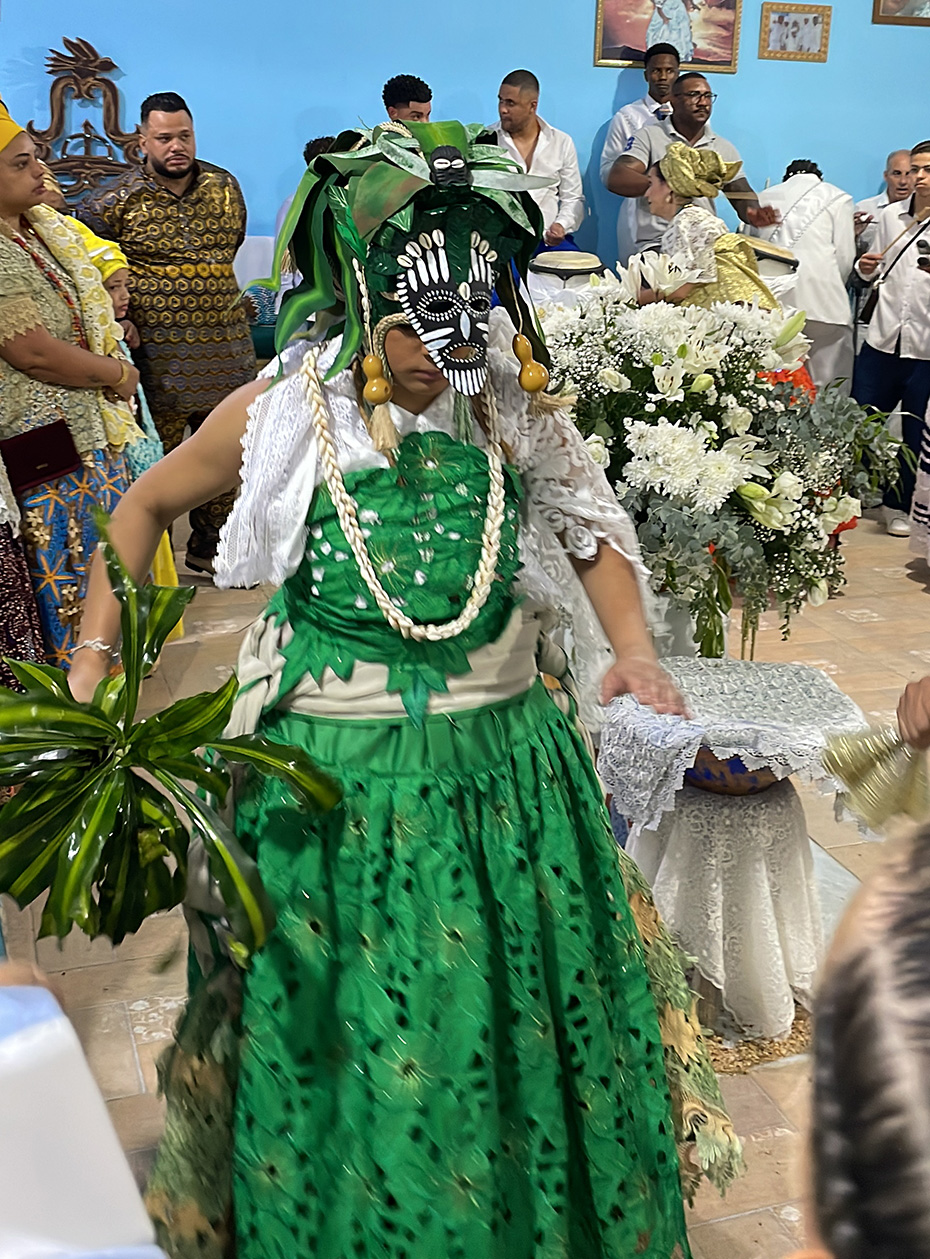Recreational drug
A recreational drug is a psychoactive drug used to induce an altered state of consciousness by modifying the perceptions, feelings, and emotions of the user. In popular practice, recreational drug use generally is a tolerated social behavior, rather than perceived as the medical condition of self-medication. However, heavy use of some drugs is socially stigmatized.
In 2015, it was estimated that about 5% of people worldwide aged 15 to 65 (158 million to 351 million) had used controlled drugs at least once.
When used in religious practice, psychedelic drugs, as well as other substances like tobacco or cacao, are referred to as entheogens.
Categories
Generally, recreational drugs are divided into three categories:
- Depressants (drugs that induce a feeling of relaxation and calmness);
- Stimulants (drugs that induce a sense of energy and alertness);
- Hallucinogens (drugs that induce perceptual distortions such as hallucination).
Common types of drugs
Common legal recreational drugs include:
- Alcohol - found in beer, wine, and distilled spirits;
- Cannabis and hashish;
- Nicotine - found in tobacco;
- Caffeine - found in coffee, tea, soft drinks, and prescription drugs;
- Cacao - found in chocolate.
Which controlled substances are considered unlawful to possess varies by country, but usually includes:
- Methamphetamine
- Heroin
- Cocaine
- LSD
- Psilocybin mushrooms
- MDMA
Hallucinogens
Hallucinogens can cause subjective changes in perception, thought, emotion and consciousness. Unlike other psychoactive drugs such as stimulants and opioids, hallucinogens do not merely amplify familiar states of mind but also induce experiences that differ from those of ordinary consciousness, often compared to non-ordinary forms of consciousness such as trance, meditation, conversion experiences, and dreams.
Psychedelics, dissociatives, and deliriants have a long worldwide history of use within medicinal and religious traditions. They are used in shamanic forms of ritual healing and divination, in initiation rites, and in the religious rituals of syncretistic movements such as União do Vegetal, Santo Daime, Temple of the True Inner Light, and the Native American Church.
The most popular, and at the same time most stigmatized, use of psychedelics in Western culture has been associated with the search for direct religious experience, enhanced creativity, personal development, and "mind expansion." The use of psychedelic drugs was a major element of the 1960s counterculture, where it became associated with various social movements and a general atmosphere of rebellion and strife between generations.
Therapeutic uses
Starting in the mid-20th century, psychedelic drugs have been the object of extensive attention in the Western world. They have been and are being explored as potential therapeutic agents in treating depression, post-traumatic stress disorder, obsessive–compulsive disorder, alcoholism, and opioid addiction.
Entheogens
Entheogens are psychoactive substances, including psychedelic drugs (such as magic mushrooms and magic plants), used in sacred contexts in religion for inducing spiritual development throughout history.
Entheogens have been used in various ways, including as part of established religious rituals and as aids for personal spiritual development. Anthropological study has established that entheogens are used for religious, magical, shamanic, or spiritual purposes in many parts of the world.
Most of the well-known modern examples of entheogens, such as Ayahuasca, peyote, psilocybin mushrooms, and morning glories are from the native cultures of the Americas.
Religious use of drugs
Many religions have expressed positions on what is acceptable to consume as a means of intoxication for spiritual, pleasure, or medicinal purposes. The most common drugs in the historical religions are cannabis and alcohol.
Ancient Greece
Ancient Greek mystery religions probably employed entheogens, such as the ergot-spiked Kykeon central to the Eleusinian Mysteries, which contained LSD-like compounds to induce a trance or dream state. The prophecies of the Delphic Oracle were uttered by Priestesses under the influence of ethylene gas exuded from the ground.
Abrahamic religions
Judaism maintains that people do not own their bodies – they belong to God. However, use of alcohol in moderation is an accepted part of Judaism because the Bible states that "wine gladdens man's heart" (Psalms 104:15). The use of nicotine is well known in Hasidic communities. Stories are told about miracles and spiritual journeys performed by mystic healer Baal Shem Tov with the help of his smoking pipe
In the Christian Eucharist, wine represents (or actually is) the blood of Christ. Many Protestant congregations substitute wine with non-alcoholic grape juice. Many Christian denominations disapprove of the use of any drug irrespective of its legality.
In Islam, alcohol is considered haram (unlawful) for Muslims to consume. The Muslim-majority nations of Turkey and Egypt were instrumental in banning opium, cocaine, and cannabis when the League of Nations passed the 1934 Dangerous Drugs Act. In spite of these restrictions on substance use, the recreational use of cannabis still occurs widely throughout many Muslim nations.
Followers of the Baháʼí Faith are forbidden to drink alcohol or to take drugs, unless prescribed by doctors. Accordingly, the sale and trafficking of such substances is also forbidden. Smoking is discouraged but not prohibited.
African diaspora religions
Many African diaspora religions such as the Santa Muerte movement, the Cult of María Lionza in Venezuela, various forms of Voodoo, and Santo Daime in Brazil utilize alcohol, tobacco, and other drugs in their rituals. These drugs help believers enter a trance state to commune with various deities.
Many Rastafari believe cannabis, which they call "ganja," "the herb," or "Kaya," is a sacred gift of Jah. It may be used for spiritual purposes to commune with God, but should not be used profanely. The use of other drugs, however, including alcohol, is frowned upon.
In the Afro-Brazilian religion of Candomblé, practitioners sometimes utilize jurema (Mimosa tenuiflora) to enter a hallucinogenic state to help them commune with spiritual entities. The orixá named Ossain serves as a guardian over these, and other, sacred plants.
Thelema
British occultist Aleister Crowley was an early proponent of the spiritual benefits of drug use. He utilized numerous drugs, including cocaine and heroin, as part of his system of ritual magic which became known as Thelema.
His first novel, written in 1922, titled The Diary of a Drug Fiend is widely thought to be based upon Crowley's own drug experiences, despite being written as a fiction. Crowley made a study of drugs and their effects upon the body and mind, experimenting widely on himself. Many of his conclusions are present within this novel.
Crowley's house on the island of Sicily, the Abbey of Thelema, was a haven for unrestrained drug use. One visitor remarked that Crowley's five-year-old son was addicted to cocaine.


